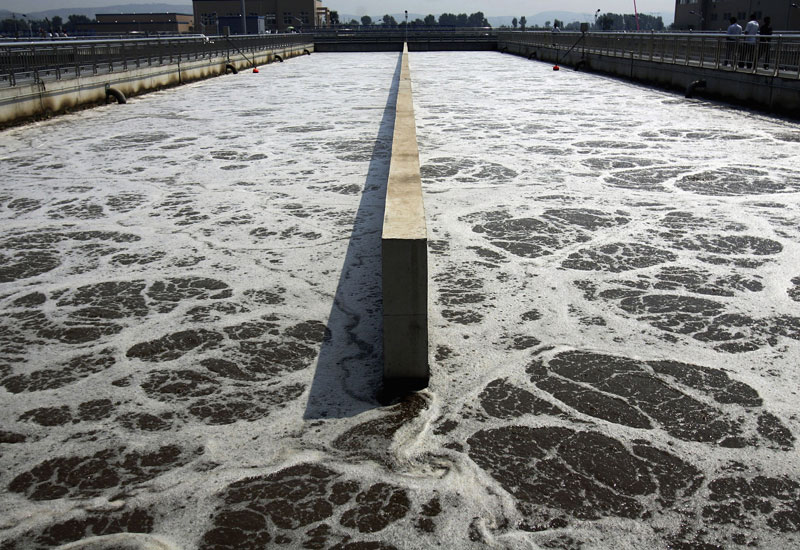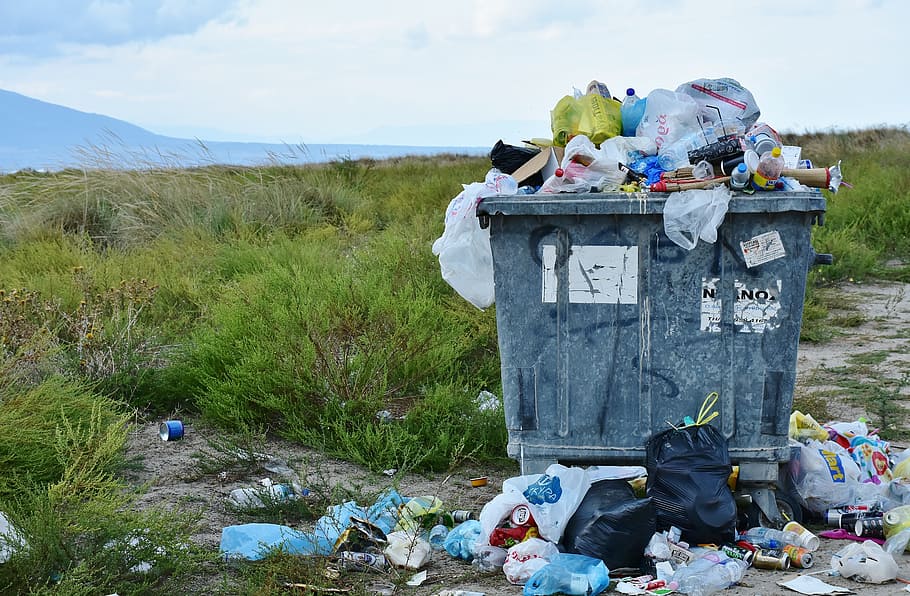
Egyptian Mohamed Ateia Ibrahim, who is a Group Leader at US Environment Protection Agency (EPA) talked about his journey which started in Alexandria’s Faculty of Agriculture.
“My journey started after obtaining a Bachelor’s degree in Agriculture from Alexandria University, then I joined work for two years at King Saud University in Riyadh”, Ateia, a researcher in the field of water treatment and materials chemistry, told Al-Masry Al-Youm.
Ateia received a Japanese government scholarship to study a master’s and doctorate degrees in Environmental and Civil Engineering at Tokyo University of Technology, he said.
During that period, Ateia made scientific trips as a visiting researcher in the Department of Chemistry at the University of Copenhagen in Denmark, then moved to do post-doctoral research at Clemson University in South Carolina, before moving to work as a researcher in the Department of Chemistry at Northwestern University in Chicago.
Talking about the immigration of Egyptian scientists abroad, Ateia referred to the lack of infrastructure and a healthy environment capable of producing research products in Egypt that can keep pace with research developments abroad.
If we look at, for example, water treatment research in Egypt, we will find a severe shortage in the provision of measuring devices with appropriate sensitivity, in addition to the difficulty of importing chemical compounds. Therefore, the result of research work is weak, except for some universities with foreign partnerships, such as the American, British, Japanese and German universities in Egypt.
If we make a comparison between the number of graduates in Egypt and the available opportunities, we will find that the solution for the vast majority of researchers who wish to continue in the research and academic field, is to travel abroad, Ateia said.
“I think that there has been a very limited reverse migration recently, especially after the opening of new universities, which gives hope to create a more suitable environment for research work. But the numbers of Egyptians returning to settle in Egypt will remain very small,” he added.
Ateia explained that the number of Egyptian researchers and university professors abroad is very large in all disciplines in countries such as the US, Germany, Sweden and Canada.
Compared to Egypt, distinguished students and researchers abroad receive grants that cover the expenses of their studies and research work.
Major countries aim to attract and invest in minds, as many governments provide scholarships for outstanding students, and there are many immigration programs available to scientists and holders of scientific degrees wishing to settle abroad, according to Ateia.
“For example, I obtained permanent residence in the US through one of the immigration programs for researchers,” he said.
In addition to facilitating immigration procedures for researchers, we find that these countries rely heavily on the criterion of competence in selection and career advancement, Ateia pointed out.
“I was appointed by a direct decision from the US Environmental Protection Agency thanks to my research in the field of water treatment,” he said.
Ateia said he was currently working on research and development of pollutant treatment systems, which is a top priority for the US in the meantime.
To stop the immigration of Egyptian scientists abroad, and to achieve a real renaissance in scientific research in Egypt, Ateia said that the opening of private universities and technical universities gave a ray of hope for change.
If these efforts are combined with training courses from using distinguished cadres in several fields abroad, we will lay the foundation for building research partnerships and transferring expertise into Egypt, Ateia stated.



